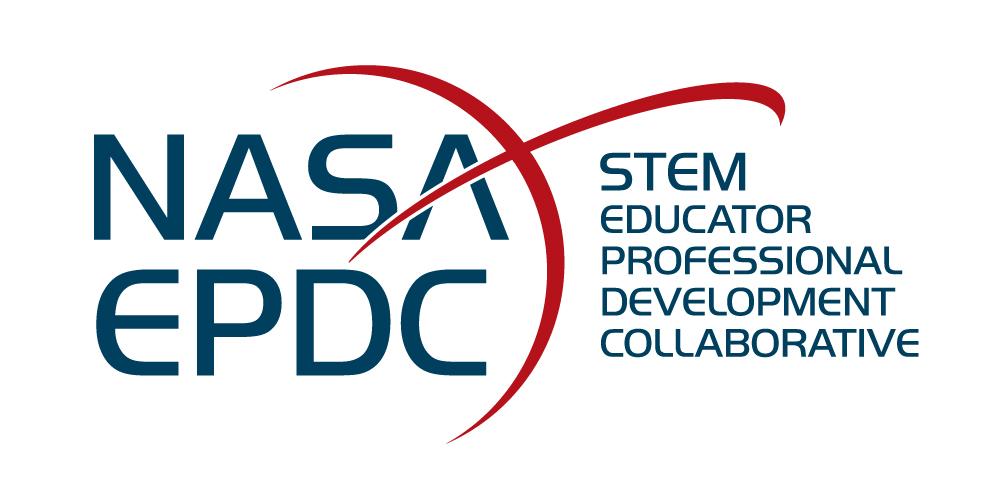Dr. Karen Crow Roark is an Education Specialist for the Educator Professional Development Collaborative (EPDC). She has been in the educational world for over thirty years working as a teacher, assistant principal, and professional development trainer in rural Georgia to the heart of Washington, DC in public, private, and non-profit. She attended Breanu University, Berry College, State University of West Georgia, University of Sarasota, and University of Georgia. She received her Doctoral in Curriculum and Instruction and Educational Leadership. In 2001 she received her National Board Teacher Certification.
Some of her accomplishments include receiving a Fulbright Scholar to Japan; working as an Educational Leadership Institute Scholar at Harvard University; participation in the Teacher in Space summer program at Huntsville Space Center; and being named to the National Teacher Hall of Fame. She has had the opportunity to travel to forty-nine of the fifty states and several countries overseas.
| |
Barbara Buckner is a 20-year STEM classroom teacher with a Doctorate’s Degree in Mathematics Education from the University of Louisville. Her research interest included the impact of technology on student achievement and teacher behavior. Buckner recently served as a 2013-14 Einstein Fellow at the National Science Foundation Education and Human Resources Directorate under the supervision of Dr. Joan Ferrini-Mundy where she collaborated with colleagues on learning, learning environments, boarding participating and workforce development.Barbara sees education as her calling and has spent her life sharing her love for learning with everyone around her. Knowing that today’s student will compete in a global economy, Barbara says that “It is imperative that today’s students are prepared with consistent rigorous and relevant standards that produce more STEM majors, particularly women, to keep this great nation at the forefront in technology, innovation, and advancement.” | |






